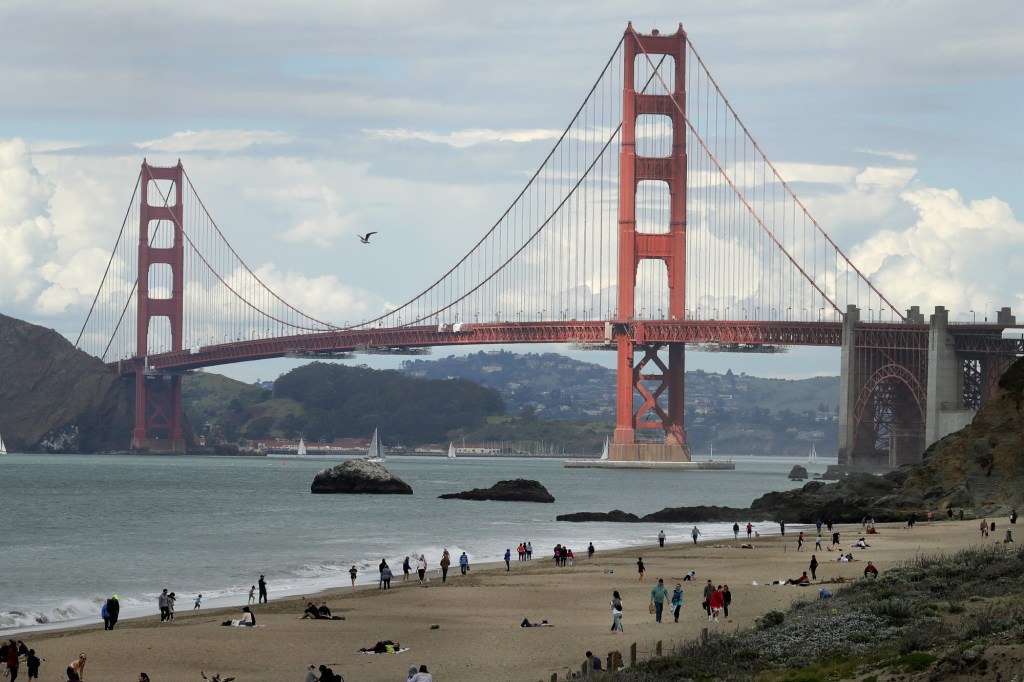
The headline was certainly eye-catching: “San Francisco considered charging property owners for their driveways.” For local taxpayers, the City by the Bay has a well-earned reputation for being one of the most hostile municipalities in the nation. But even this sounded a little too strange.
But no.
The article, written by Rachel Swan of the San Francisco Chronicle, unpacks how the proposal came about before officials (in a rare moment of appreciating bad optics) decided to shelve it.
First, it is common knowledge that the San Francisco Municipal Transportation Agency (Muni) is in deep financial trouble. Even prior to the pandemic, Muni had a growing budget deficit. Fare box revenues haven’t come close to covering operating expenses and infrastructure maintenance. COVID only exacerbated long-standing and growing structural deficits which are driven in large part by some of the most generous labor agreements for transit workers in the nation.
Due to Muni’s $322 million budget deficit, a committee was created to consider service cuts and, of course, revenue raising options. One of those options was imposing a “driveway tax” and dedicating the revenue to the transit agency. But the question for the “working group” was how to justify such a levy.
Here’s what they came up with: San Francisco “likely has more private driveway curb cuts than any other city of its size and density, since most east coast cities of similar density make more use of back alleys for trash and car access . . . and [t]hese curb cuts are essentially permanent privatization of public space.” Moreover, “Charging an annual fee to the owners of curb cuts would put a fair price on this privatization of public space, encourage owners whose curb cuts no longer lead to active driveways to return those curb cuts to the public, and generate significant revenue for the agency.”
The first question that taxpayers probably had about this proposal was how could the city impose a property tax without violating the property tax limits of Proposition 13? Here’s where the proposal gets clever. Rather than being a direct tax on the driveway itself, it would impose a $100 annual fee on what are know as “curb cuts,” the rounded edges of the driveway where it abuts the street. Applying the fee to all curb cuts in the city would generate nearly $20 million annually.
As might be expected, anti-automobile interests embraced the idea. The Chronicle quoted Luke Bornheimer, the executive director of Streets Forward, a nonprofit that promotes cycling, walking and transit, who said, “This is a more equitable way to use public space.” Under the current system, Bornheimer said, San Francisco essentially subsidizes car owners by giving them a free strip of the public right-of-way in the form of a curb cut.
The Chronicle reported that Muni’s “records suggest that at one point, city staff took the proposal seriously, strategized how it could work and analyzed the potential economic impact.” Nonetheless, the “driveway tax” proposal was shot down and didn’t even make the committee’s final list of potential new revenue options. The decision not to proceed was likely due to the questionable legality of the tax. Not only would it run afoul of Proposition 13 but also Proposition 218, which restricts the imposition of “property related fees.”
When the Chronicle reached out to former Mayor Willie Brown about the “driveway tax” idea, he reportedly “laughed for a full 20 seconds,” asking “What kind of nonsense is this?”
The sage political wisdom of Willie Brown should not be ignored.
Jon Coupal is president of the Howard Jarvis Taxpayers Association.
Originally Published:



